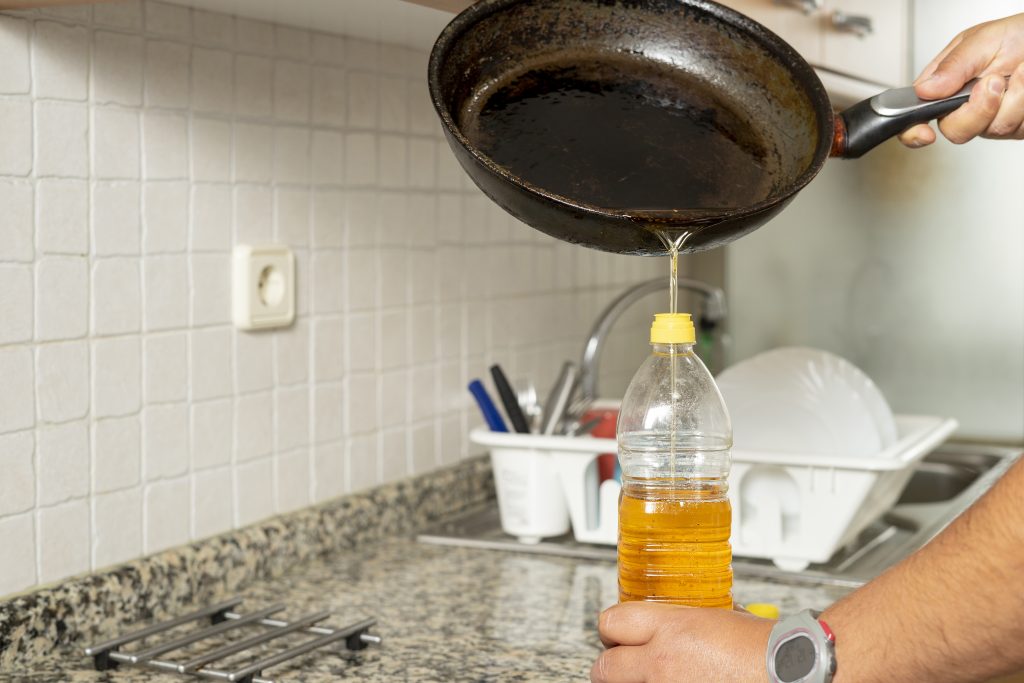Properly collecting and recycling used cooking oil is an essential practice for restaurants and other food businesses. Cooking oil collection helps to protect the environment by reducing the amount of oil waste that ends up in landfills, where it can cause harm to the ecosystem. Additionally, we can recycle used cooking oils into biodiesel, a renewable energy source that can reduce dependence on fossil fuels.
There are thousands of restaurants, cafeterias, and businesses in the food and beverage industry of California. Owners of those businesses are bound to collect and recycle their used cooking oils by local regulations. But there are some common mistakes that undermine their efforts. Let’s explore five of the most common mistakes and provide tips for avoiding them.
We’ll also discuss the importance of using designated containers for restaurant cooking oil collection and grease removal services. We’ll also learn why it’s necessary to choose the right type of container, provide examples of containers that are not suitable, and offer tips for selecting the appropriate container for your needs.

Cooking Oil Collection : How it’s DONE!
Cooking oil collection is an essential process that helps reduce waste and promotes sustainability. This process involves collecting used cooking oil from businesses and individuals and recycling it into biodiesel, a renewable energy source.
The collection process typically begins with placing designated containers at businesses or households where cooking oil is used. Once the containers are 25% full, they are picked up by a collection service provider such as the Grease Company and transported to a government-authorized recycling facility.
At the recycling facility, the oil is filtered and purified to remove any contaminants before it is processed into biodiesel. It’s important to note that not all cooking oils are suitable for recycling. Some oils, such as those containing animal fat or high levels of water, are not suitable for conversion into biodiesel. Ensure the quality of your used cooking oil to receive a handsome rebate check from us.
At the Grease Company, we take restaurant Cooking oil disposal very seriously because it is a simple and effective way to reduce waste and promote sustainability. By a proper used cooking oil disposal, individuals and businesses can contribute to a cleaner and healthier environment while supporting the development of renewable energy sources.
TOP FIVE MISTAKES to avoid while Used Cooking Oil Disposal
Restaurant owners often face great challenges while dealing with cooking oil disposal and recycling in California. Even after, trying their best, sometimes they fail to stay in compliance with the local regulations for failing to avoid some common mistakes while storing and recycling their fryer oil. Here are the TOP FIVE COMMON MISTAKES to avoid while restaurant cooking oil storage and disposal :
Using a inappropriate container
Proper cooking oil disposal is crucial for any type of food business that runs a busy commercial kitchen to ensure it can be effectively collected and recycled. When storing used cooking oil, it’s important to use designated containers that are appropriate for the task at hand. These containers should be made of metal or plastic with tight-fitting lids to prevent any leaks or spills.
